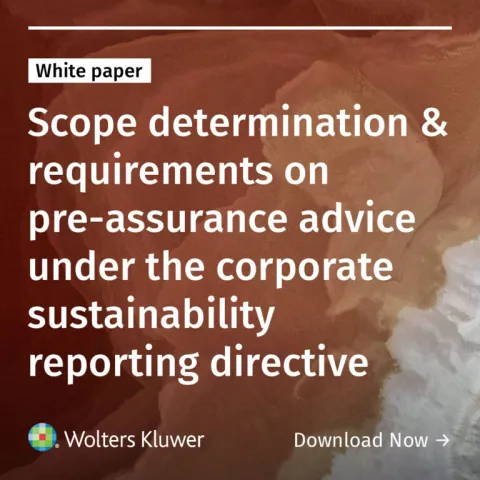The criteria to calculate damages introduced by the Law that implemented Directive 2004/48/EC: does "and" mean "or"?
February 16, 2011
According to article 66.2 of the Patent Act, as amended after the implementation of the Enforcement Directive (Directive 2004/48/EC), in order to claim damages the patentee may chose (i) the negative economic consequences, including the profits the owner could foreseeably have earned from working the patented invention if there had been no competition from the person infringing his rights and the profits earned by the latter party from working the patented invention.
In the case of pain and suffering ("moral damage"), the latter will be compensated, even if the existence of the economic damage has not been proven or (ii) a notional royalty. The use of the conjunction "and" in paragraph a) of article 66.2 has sparked the debate as to whether the two criteria (i.e. profits lost by patentee / profits made by the defendant) may be used cumulatively or alternatively. In favour of the first interpretation one may argue that joining the two criteria might result in "punitive" damages, and that according to the Recitals of the Enforcement Directive, its aim was not to introduce "punitive" damages. In favour of the second interpretation, one may argue that nothing prevents EU member states from going beyond the minimum standards of protection required by the Directive and that, had the Spanish Legislature wished to contemplate two alternatives, it would have used the conjunction "or" instead of "and".
All in all, the patent community is looking forward to seeing which interpretation will finally prevail before the Supreme Court, which in due course will have to clarify whether "and" means "and" or, on the contrary, it means "or."
You may also like













